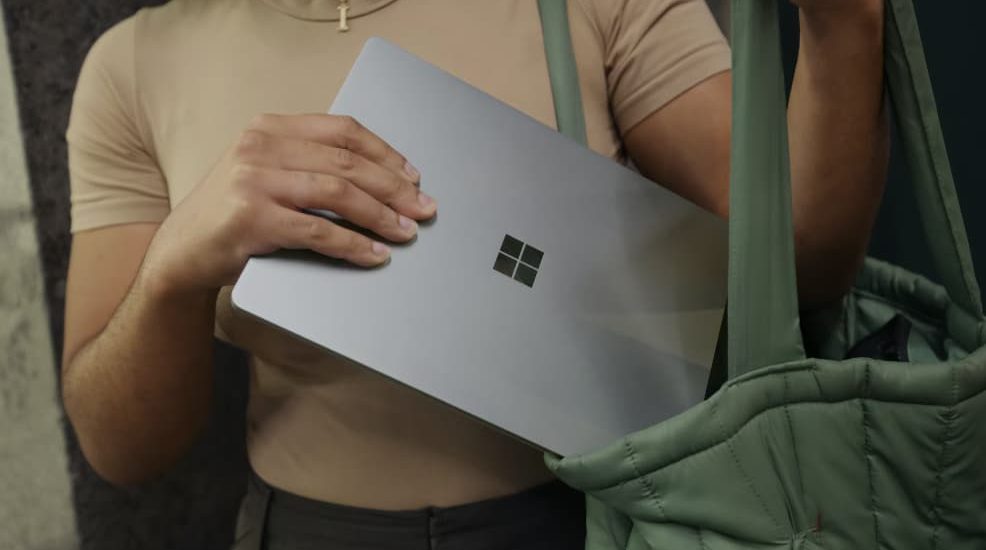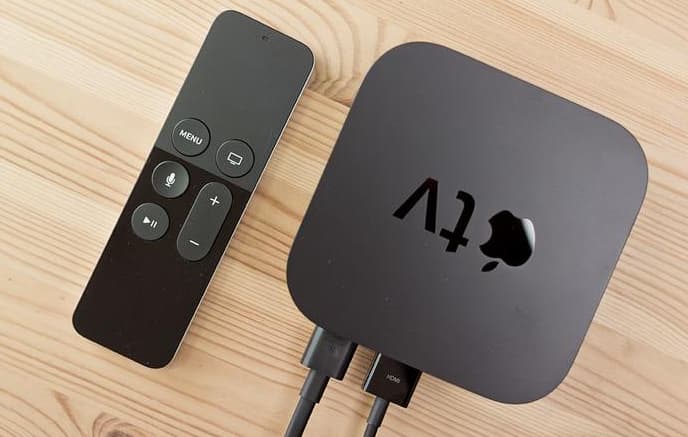Tablet or Laptop for Academics – In recent years, the academic landscape has undergone a significant transformation, largely driven by advancements in technology. Tablets and laptops, once considered luxury items, have now become indispensable tools for students worldwide.
With a plethora of choices available, students often find themselves at a crossroads, deciding between the portability of a tablet and the power of a laptop.
Making the right choice hinges not just on understanding the capabilities of each device, but also aligning those capabilities with one’s academic needs.
Tablet or Laptop for Academics

This guide aims to shed light on this very decision-making process, ensuring students make informed choices tailored to their unique requirements.
The Evolution of Tablets and Laptops in Education
Years ago, chalkboards and textbooks dominated classrooms. The introduction of laptops marked a revolutionary shift. These portable computers provided students the freedom to work from anywhere. Around the same time, a few ambitious students sought help from services like an essay writer service for their assignments.
Then came tablets, with their intuitive touch screens. At first, they seemed perfect for leisurely activities. But soon, their potential in education became evident. Their lightweight design made them easy to carry, and app developers began tailoring educational tools for them.
Fast forward to today, both devices have found their places in classrooms. Laptops, with their robust features, are ideal for heavy tasks. Meanwhile, tablets, with interactive apps, bring subjects to life in unprecedented ways.
Portability & Design
When it comes to portability, tablets often have the upper hand. Their sleek design, combined with a typically lighter weight, makes them an easy fit in most bags. Their absence of a physical keyboard further reduces their form factor, streamlining their profile.
Laptops, on the other hand, are bulkier. Even the most compact models have some heft due to their built-in keyboard and more extensive internals. However, they have evolved impressively, with many ultrabooks and lightweight models emerging. But, in a straight comparison, tablets still edge out in terms of sheer convenience for on-the-go students.
Performance and Capabilities
Laptops generally boast superior hardware: powerful CPUs, greater RAM, and larger storage capacities. This muscle supports complex tasks, from video editing to running intricate simulations.
Tablets, though improving, may not always match high-end laptops in raw power. Yet, for standard academic tasks, they perform admirably. Their software ecosystem, especially tailored applications, ensures smooth operations.
Multitasking, a crucial aspect for students, shines on laptops with their ability to run multiple apps seamlessly. Tablets can juggle tasks too, but with slightly constrained capabilities. Overall, while tablets cater to basic tasks efficiently, demanding tasks find their best ally in laptops.
Battery Life & Durability
For students, a day’s worth of battery is vital. Tablets often excel here, with some models offering up to 10 hours on a single charge. Laptops, depending on usage, vary more, with some lasting a full day while others need mid-day charging.
Durability is another concern. Tablets, being compact with fewer moving parts, tend to withstand minor falls better. Laptops, with their hinged design, are more prone to wear and tear. Protective cases help, but the daily hustle of campus life means durability should be a consideration when choosing between the two.
Input & Interaction
Tablets offer intuitive touch screens, with some supporting stylus inputs, ideal for note-taking or artistic endeavors. However, they can fall short of extensive typing tasks.
Laptops, with their physical keyboards, cater to prolonged writing needs. While tablets can be paired with external keyboards, it’s an added accessory to manage.
Voice dictation, now more accurate than ever, bridges the gap. Both devices support it, providing an alternative to traditional typing.
Yet, when it comes to precision and comfort, the tactile feedback of laptop keyboards remains unmatched for many, while the versatility of tablets appeals to those seeking varied input options.
Software & Application Availability
Laptops, running on systems like Windows or macOS, support a broad range of academic software, from specialized applications to comprehensive word processors. This versatility often positions them as primary tools for students.
Tablets, on the other hand, access app ecosystems like iOS’s App Store or Android’s Play Store. While these stores brim with educational apps, certain specialized software might be absent or have limited features.
In essence, while tablets provide quick app-based solutions for many academic needs, laptops remain the go-to for comprehensive software requirements, making them indispensable for some disciplines.
Cost & Affordability
Laptops, with their varied specifications, come in a broad price range, from budget-friendly to premium. Tablets, though initially more affordable, can reach laptop-like prices, especially high-end models.
Beyond the initial cost, there’s the expense of accessories. Tablets might need external keyboards or styluses, adding to the total cost. Laptops, generally all-inclusive, may occasionally require software purchases.
When budgeting, it’s essential to factor in both device costs and potential extras. While tablets might seem more economical at first glance, the addition of essential accessories could level the playing field with laptops.

Flexibility and Future-proofing
Laptops generally offer more flexibility in hardware upgrades, extending their lifespan. For instance, students can increase RAM or swap to faster SSDs. While working on academic tasks, the support of resources, even those from the best research paper writing service, becomes seamless with robust hardware.
Tablets have fixed specifications, but they consistently receive software updates, ensuring continued relevance. However, their longevity might be slightly limited compared to upgradable laptops.
In terms of modularity, newer laptop models are adopting more tablet-like features, while tablets expand compatibility with external devices, keeping both options adaptable to emerging academic technologies.
Personal Preferences & Adaptability
Every student has unique study habits and tech adaptability. While some may prefer the tactile feel of a laptop keyboard, others might lean towards the interactive touch of tablets. A student’s learning style, whether visual, auditory, or kinesthetic, can also influence their choice.
For visual learners, a tablet’s dynamic display can be enticing. On the other hand, those heavily reliant on typing might gravitate towards laptops.
Ultimately, hands-on experience proves invaluable. Before settling, trying out both devices can provide insights into which aligns best with an individual’s academic rhythm and preferences.
Also Read:
- Reasons to Switch to Linux as a Computer Science Student
- Top Productivity Smartphone Apps For Students
Conclusion
Tablets and laptops, each with distinct advantages, have carved their niches in the academic realm. While tablets excel in portability and intuitive interactions, laptops boast superior performance and software availability.
Yet, the decision doesn’t solely hinge on technical specifications; personal study habits, adaptability, and learning styles play crucial roles.
Ultimately, aligning one’s choice with both academic requirements and individual preferences ensures a seamless and productive educational experience.



